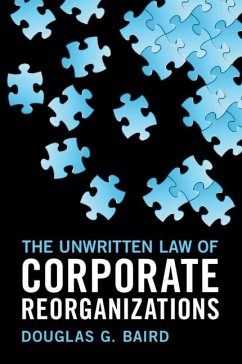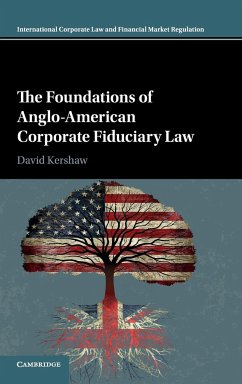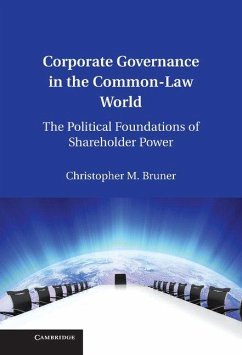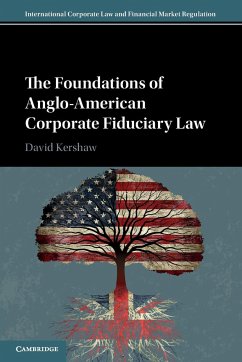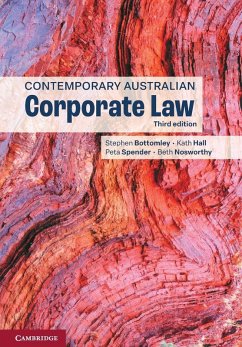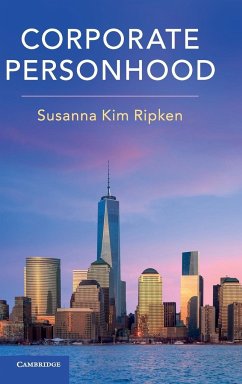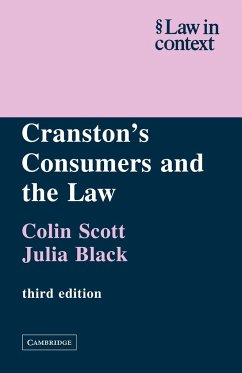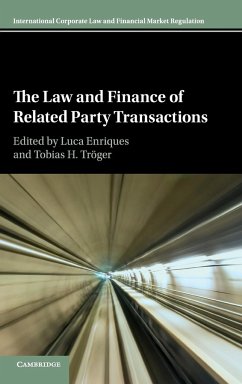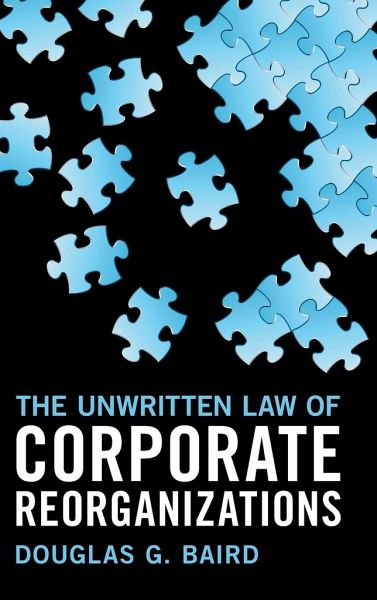
The Unwritten Law of Corporate Reorganizations
Versandkostenfrei!
Versandfertig in 1-2 Wochen
109,99 €
inkl. MwSt.
Weitere Ausgaben:

PAYBACK Punkte
55 °P sammeln!
The law of corporate reorganizations controls the fate of enterprises worth billions of dollars and has reshaped entire sectors of the economy, yet its inner workings largely remain a mystery. Judges must police a small and closed fraternity of professionals as they sit down at a conference table and forge a new future for a distressed business, but little appears to tell judges how they are to do this. Judges, however, are in fact bound by a coherent set of unwritten principles that derive from a statute Parliament passed in 1571. These principles are not simply norms or customary practices. ...
The law of corporate reorganizations controls the fate of enterprises worth billions of dollars and has reshaped entire sectors of the economy, yet its inner workings largely remain a mystery. Judges must police a small and closed fraternity of professionals as they sit down at a conference table and forge a new future for a distressed business, but little appears to tell judges how they are to do this. Judges, however, are in fact bound by a coherent set of unwritten principles that derive from a statute Parliament passed in 1571. These principles are not simply norms or customary practices. They have hard edges, judges must enforce them, and parties are bound by them as they are by any other law. This book traces the evolution of these unwritten principles and makes accessible a legal world that has long been closed off to outsiders.





